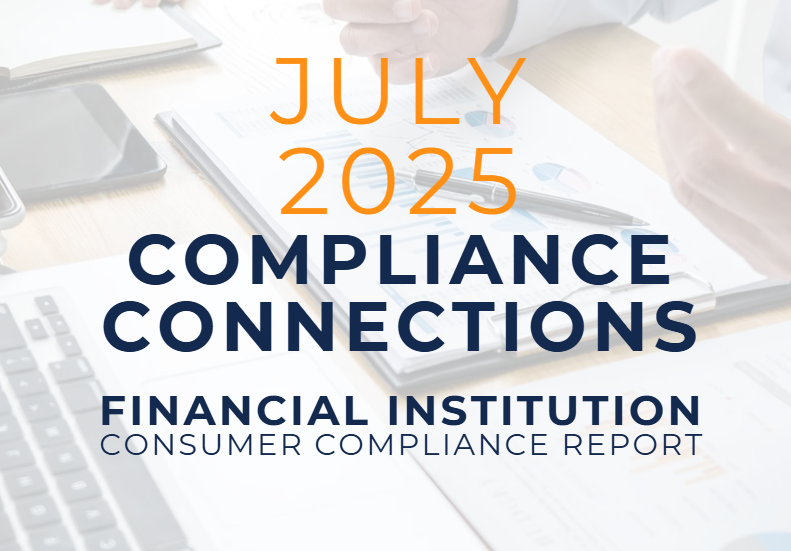For many seniors, the dream is to age in place—remaining in a familiar home surrounded by community ties, memories, and independence. It’s a lifestyle choice that offers comfort and continuity, allowing you to avoid the stress of relocating to assisted living or senior housing.
But while aging in place feels like the safest, most stable option, it can come with hidden consequences, especially when it comes to qualifying for certain types of emergency aid or disaster assistance. Some seniors are surprised to learn that their decision to remain in their own homes may inadvertently make them ineligible for the help they need in a crisis.
Understanding how and why this happens can mean the difference between quickly receiving life-saving assistance and facing unexpected delays or denials.
The Hidden Rules of Emergency Aid
Emergency aid programs—whether offered by FEMA, state governments, nonprofits, or local agencies—operate under strict eligibility guidelines. These rules are meant to prioritize those considered most vulnerable or displaced, but they can unintentionally leave some seniors behind.
If you own your home outright or have significant equity, you may be considered “too financially stable” to qualify for certain assistance, even if you have limited cash flow. Aid programs often evaluate assets differently than ongoing income, which means your home’s value could work against you.
Additionally, some relief programs are designed specifically for renters or those in temporary housing. Seniors who remain in their homes may not fit the criteria, even if that home is damaged or unsafe after an emergency.
When Staying Home Becomes a Disadvantage
In disaster situations—such as hurricanes, wildfires, or floods—aid organizations often prioritize individuals who are displaced or completely without shelter. If your home is partially livable, you may be told you don’t qualify for temporary housing assistance, even if repairs are beyond your budget.
Similarly, utility assistance programs sometimes exclude homeowners if the expectation is that you can finance repairs or catch up on bills by leveraging your property’s equity. In reality, tapping into that equity may require lengthy loan processes that aren’t practical in a crisis.
The irony is that seniors who choose to age in place to maintain independence can find themselves without the safety net that’s available to others in rental housing or institutional care.
Asset-Based Disqualification
One of the biggest challenges aging-in-place homeowners face is asset-based disqualification. Many aid programs measure financial need based not just on income but on the total value of assets—including your home.
Even if you’re “house rich, cash poor,” your property value might put you over aid thresholds. This could impact:
Disaster relief grants for home repairUtility shut-off prevention programsEmergency heating or cooling assistanceMedical transport or relocation support during disasters
Programs may argue that you can use your property as collateral or sell it to access funds—options that aren’t realistic during a crisis or for seniors who want to remain in their homes.
The Overlooked Risk of Isolation
Another often-overlooked factor is geographic isolation. Seniors who live in single-family homes, particularly in rural areas, may have less access to emergency aid simply because resources are concentrated in more populated areas or communal housing facilities.
During mass emergencies, relief workers and aid distribution centers are typically located in central hubs. Seniors aging in place may face transportation barriers or be overlooked entirely if they’re outside main service zones. This can delay essential assistance, including medical care, food supplies, and safety checks.
Homeownership and Disaster Insurance Gaps
Aging in place also brings the responsibility of maintaining adequate insurance coverage. Without the right policies, you may find that your home is underinsured or not covered for certain disasters. In these cases, emergency aid programs may be unwilling to step in, assuming the insurance should cover losses.
Unfortunately, many seniors discover these gaps only after an emergency strikes. For example, a homeowner might not realize flood damage isn’t covered under standard policies until FEMA aid is denied on the basis that insurance should have handled it.
How to Protect Yourself While Aging In Place
The good news is that with proactive planning, you can enjoy the benefits of aging in place without accidentally excluding yourself from essential aid. Consider the following steps:
Understand eligibility rules in advance for local, state, and federal emergency programs.Review your insurance coverage to ensure it includes disaster-specific protection relevant to your region.Keep documentation handy, including proof of income, medical needs, and homeownership details, so you can apply quickly when aid opens.Explore local assistance networks, such as neighborhood emergency response teams or senior-specific disaster preparedness programs.Have a backup housing plan, even if temporary, in case staying in your home disqualifies you from certain benefits.
Balancing Independence With Safety Nets
Aging in place doesn’t have to mean forfeiting access to emergency assistance—it just requires awareness and preparation. By understanding how aid programs assess need, you can take steps to avoid disqualification and ensure help is available when you need it most.
It’s about striking a balance: maintaining the independence and comfort of your own home while having the safety nets in place to protect your health, finances, and security during a crisis.
Comfort Now or Security Later?
The choice to age in place is deeply personal and often driven by emotional as well as practical factors. But decisions about where you live in your later years have ripple effects, especially in emergencies.
By learning the rules now, you can make informed choices that preserve both your independence and your eligibility for help. Because while home is where the heart is, it’s also where preparation can mean the difference between resilience and vulnerability.
If you were faced with an emergency tomorrow, do you know whether aging in place would help or hurt your chances of getting aid?
Read More:
8 Side Effects of Aging That No One Prepares You For
6 Unexpected Costs of Aging in Place No One Prepares You For
Riley Jones is an Arizona native with over nine years of writing experience. From personal finance to travel to digital marketing to pop culture, she’s written about everything under the sun. When she’s not writing, she’s spending her time outside, reading, or cuddling with her two corgis.

























